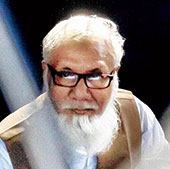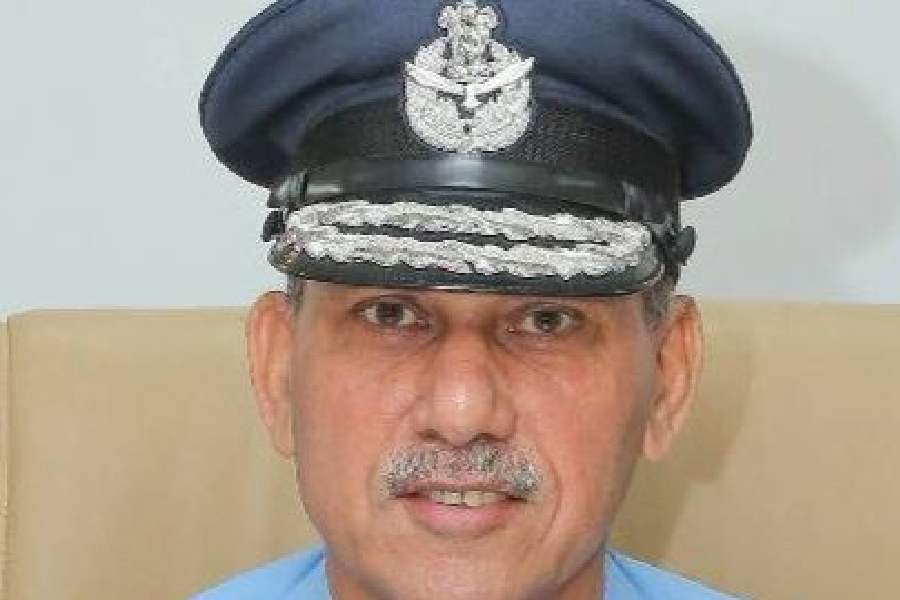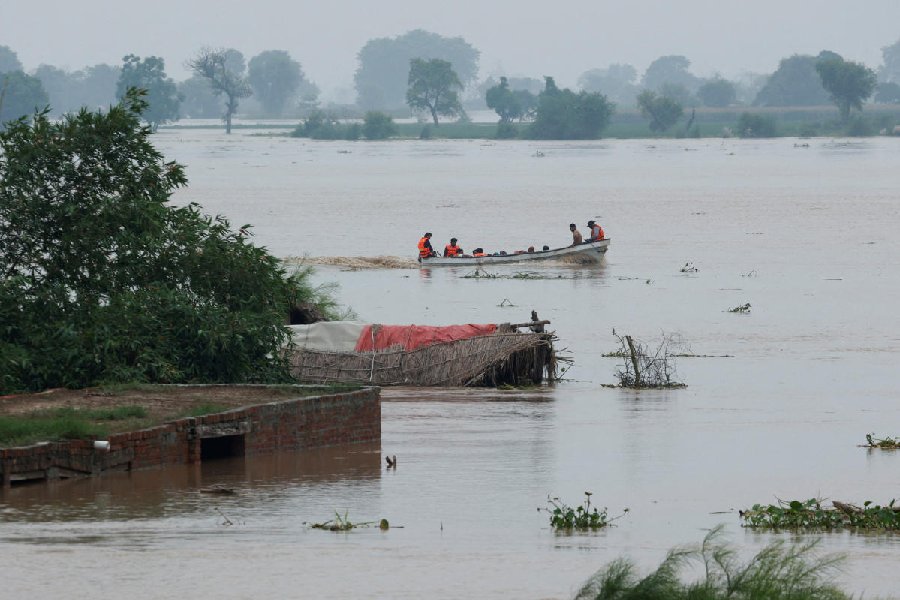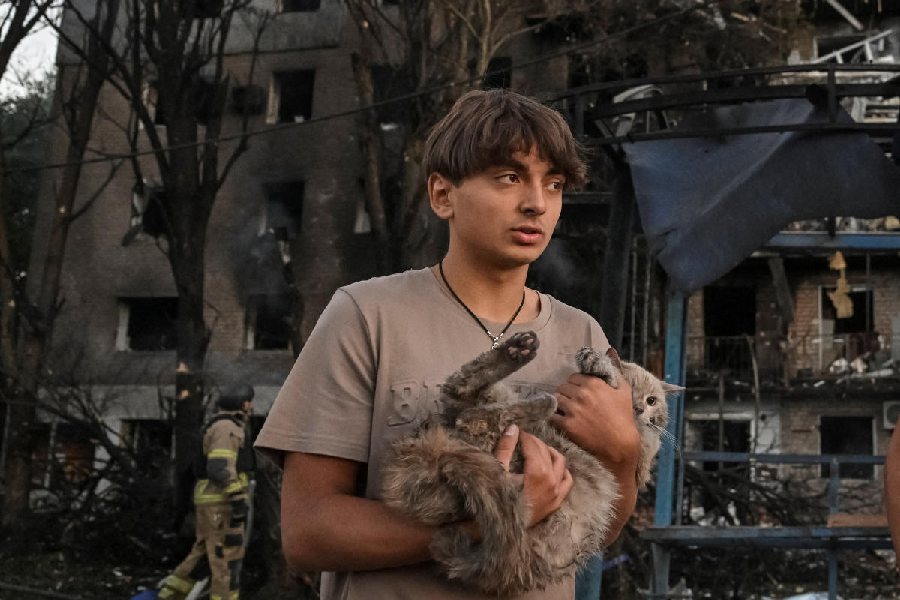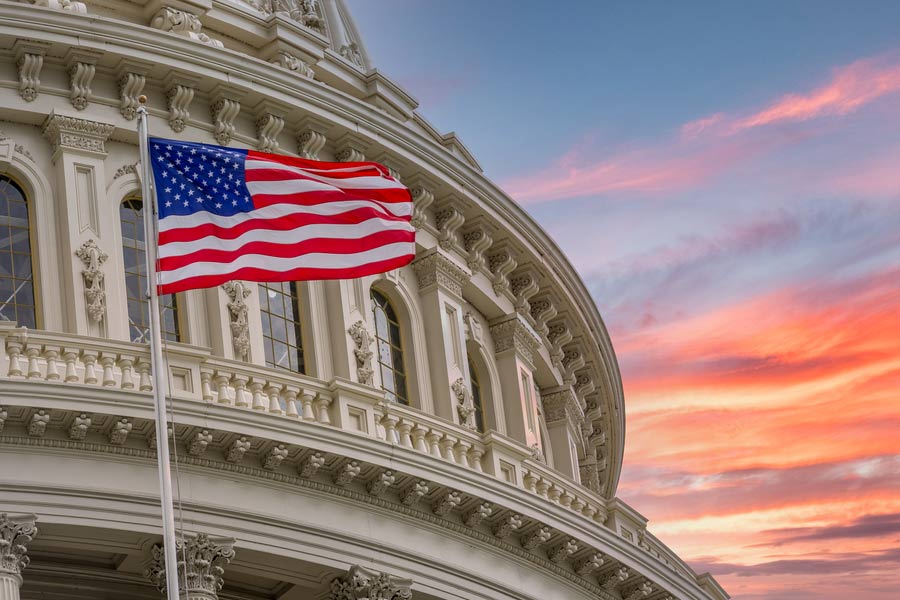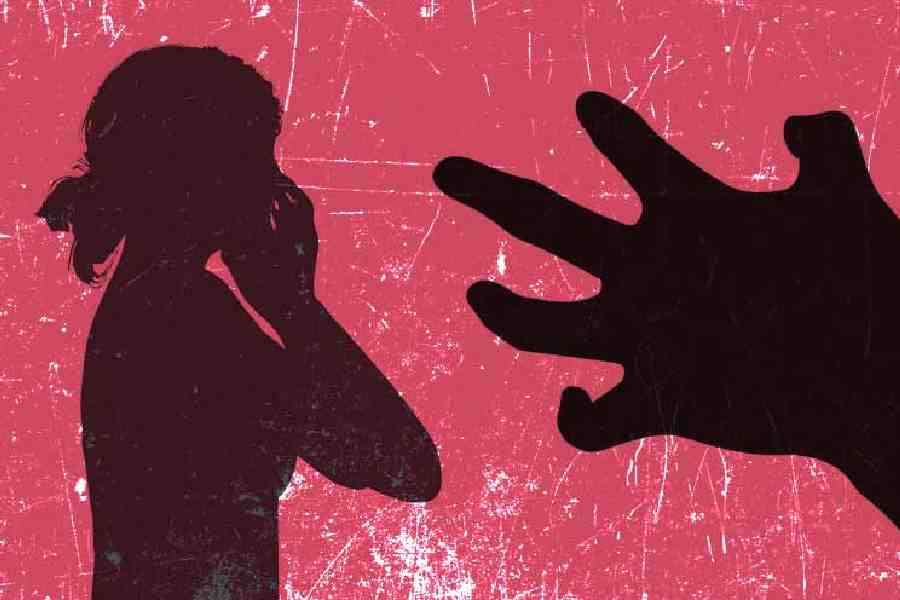 |
| Jamaat-e-Islami leader Motiur Rahman Nizami in Dhaka on Wednesday. (AFP) |
Dhaka, Oct. 29 (Agencies): A special tribunal sentenced the leader of Bangladesh’s largest Islamist party to death today for atrocities and multiple killings during the nation’s independence war against Pakistan in 1971.
Motiur Rahman Nizami, 71, sat calmly in the dock as the head of a three-judge panel, M. Enayetur Rahim, read the verdict in the packed courtroom in Dhaka.
The defence said it would appeal.
Outside, police and paramilitary units patrolled the streets because previous verdicts by the tribunal have sparked violence.
Nizami’s Jamaat-e-Islami party denounced the verdict in a statement and called a general strike for tomorrow, Sunday and Monday.
Nizami, a former cabinet minister, was tried on 16 charges, including genocide, murder, torture, rape and destruction of property. He was accused of personally carrying out or ordering the deaths of nearly 600 Bangladeshis.
Bangladesh says Pakistani soldiers, aided by local collaborators, killed 3 million people, raped 200,000 women and forced about 10 million people to take shelter in refugee camps across the border in India during the nine-month war.
The prosecution said Nizami acted as the supreme commander of the Al-Badr militia, which carried out a systematic plan to torture and execute pro-liberation supporters during the war, including teachers, engineers and journalists.
 |
| Former freedom fighters celebrate after Motiur Rahman was sentenced to death in Dhaka. (AFP) |
The group is blamed for killing dozens of people by kidnapping them from their homes just before Pakistan surrendered to a joint force of India and Bangladesh on December 16, 1971.
At that time, Nizami was also the president of Islami Chhatra Sangha, the student wing of Jamaat-e-Islami, in what was previously called East Pakistan.
Asif Munier, the son of a university teacher and a prominent writer who was killed in 1971, said he and his family had been waiting for this for 43 years.
“I want the verdict to be implemented soon,” Munier said.
The Jamaat-e-Islami party openly campaigned against independence and its then-leader, Ghulam Azam, toured West Asia to mobilise support for Pakistan, but the party has denied committing atrocities. Azam was sentenced last year for similar crimes and died naturally in a hospital prison cell on October 23.
Two special tribunals set up by Prime Minister Sheikh Hasina to try people for war crimes have delivered 10 verdicts. One senior leader of Jamaat-e-Islami party has already been hanged for his role in killing people in 1971.
Nizami was a cabinet minister during former Prime Minister Khaleda Zia’s last term from 2001 to 2006.
The charges against Nizami include the murder of 70 people and torching of 72 houses in Pabna’s Bera Upazila, killing 450 people in Demra and Baushia villages and killing many more in front of a Hindu temple in Santhiya Upazila.
Immediately after the judgment, Jamaat activists protested against the verdict .
Security had been beefed up ahead of the verdict. Paramilitary Border Guard Bangladesh troops and elite anti-crime Rapid Action Battalion were deployed to guard major cities and areas known to be Jamaat strongholds.
“Stern action will be taken against those who try to carryout subversive activities or cause law and order situation,” state minster for home Asaduzzaman Khan Kamal said ahead of the verdict.
Meanwhile, hundreds of people under the banner, “Ganojagaron Manch”, expressed their satisfaction with the verdict. Many of them were seen crying outside the court complex.
The tribunal on June 24 deferred Nizami’s verdict after the jail authorities reported that the accused was unable to appear in the court due to high blood pressure.
In consultation with both the prosecution and defence lawyers, the tribunal had deferred the verdict at that time. During the indictment, Nizami had pleaded “not guilty” and said the then Pakistan People’s Party leader Zulfiqar Ali Bhutto was entirely responsible for the genocide in 1971.
A special tribunal has already sentenced Nizami and 13 others, including a top ULFA leader , to death in the 2004 Chittagong arms cases.
Lawyers said Nizami’s case took the longest to be disposed since Bangladesh witnessed the launch of the war crimes trial in 2010 in line with the Awami League’s 2008 election pledges.
“It’s a sham of a judgment this verdict will never stick... it is the most unhappy judgment,” Nizami’s chief counsel Tajul Islam said. But prosecution lawyer Mohammad Ali said, “the verdict established the rule of law”.
“The tribunal has announced a historic verdict. The prosecution was able to prove beyond doubt eight among the 16 charges against him,” Ali said.
Several leaders of the ruling Awami League said they were happy with the judgment. “The tribunal acted entirely beyond the influence of the government while the government extended its hand to the court providing the logistics and other required supports,” law minister Anisul Huq said.

